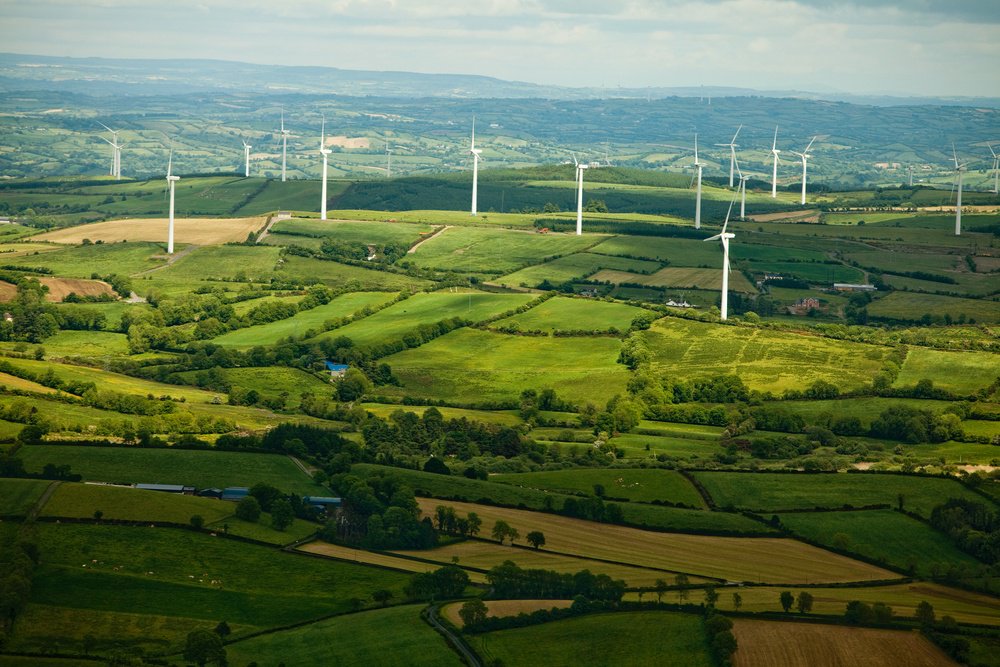Britain’s energy prices have fallen below zero as Storm Amy arrives with high wind speeds this weekend.
The country is bracing itself for winds of up to 95mph this weekend, with the Met Office expecting a weekend of ‘very strong winds and heavy rain’.
While the exact track and intensity of the storm is uncertain, energy prices are on track to settle below zero for a full day, the first time since 2023.
Day-ahead power prices for Saturday have settled at -42p/kWh, according to data from Epex Spot SE.
Meanwhile, Britain’s biggest household energy supplier Octopus Energy said some customers on its agile tariffs, where prices drop if supply is high or demand low, could pay nothing for electricity at points this weekend.
Currently, over 50 per cent of current UK electricity demand is being met by wind generation, according to the GB Renewables Map.
Storms can help boost the UK’s renewable energy supplies by increasing wind power generation and reducing reliance on gas.
Analysis by Bloomberg found that wind generation could reach as high as 24 gigawatts this afternoon, beating the previous record of 22.52 gigawatts last December.
As renewable energy outstrips demand on the national grid, energy prices turn negative.
Most households will not benefit from negative energy prices because their energy has already been bought, either via a fixed deal or a standard variable tariff, set by the energy price cap.
However, savvy households that use green tariffs to track the half-hourly price of wholesale markets could have a weekend of much cheaper energy.
When there is more green energy on the grid and prices go negative, some customers on tariffs like Octopus Agile can be paid to take energy off the grid.
Prices on Octopus Agile have not dipped into negative territory today, but the third-party Agile Predictor tool suggests it could later today.
It is predicting prices of 0p/kWh overnight and in the morning, falling to -1p/kWh in the afternoon low.
Agile tariffs are usually recommended to households that have electric vehicles, storage heaters, or anyone who can significantly shift their electricity use outside of peak times. They are particularly useful to those with solar panel and battery systems, who can stock up on cheap electricity and store it – or sell back to the grid.
Read more: This is Money






